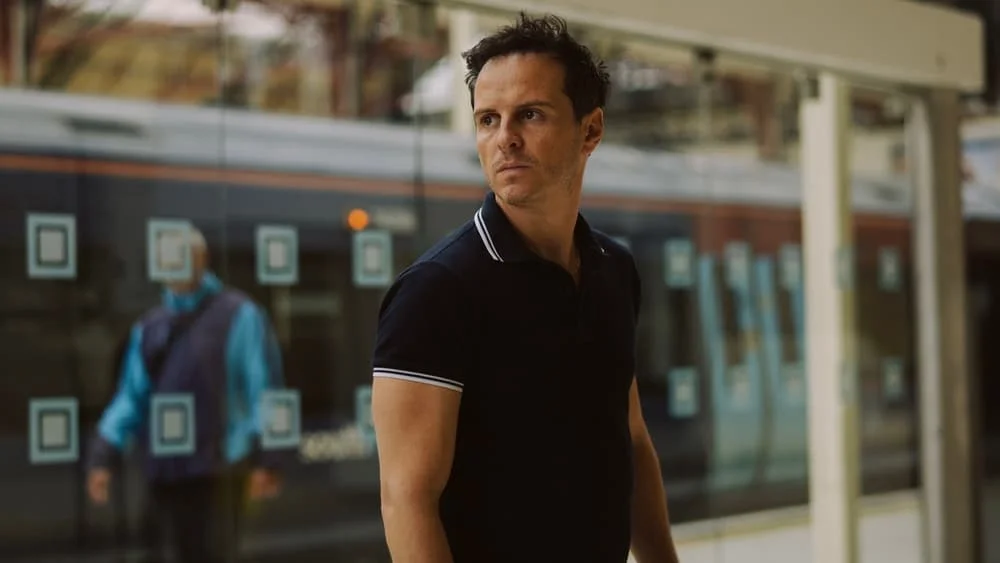The world is so isolating now. It’s hard to find community for those that lack it. We work from home. We spend an excess amount of our free time online. Sprawling cities mean we live farther and farther apart from one another. It can be hard to make meaningful connections with people, and it’s even more difficult to let them go when we have to. It’s not for lack of trying. Sometimes a volatile job market means those you’ve attempted to build a relationship with leave unexpedtedly. Sometimes it’s something worse.
Despite being based on a novel from the 1980s, in a post-COVID world, Andrew Haigh’s “All of Us Strangers” feels like it’s dealing directly with the isolation and grief that we still have not been able to come to terms with since the beginning of the pandemic almost four years ago. As we get farther from it, it can be easy to rationalize what happened and say you’re okay with it even if you never fully reckoned with what you lost. The more time passes, the less useful dealing directly with any trauma brought about by the pandemic and its aftermath seems. The rest of the world seems to have moved on. Why shouldn’t you?
Of course, “All of Us Strangers” isn’t explicitly about the pandemic or its effects on human interaction. But it does deal with many of the same emotions, that some part of who you were when the event occurred was always left unresolved. What the film is about is how these same emotions translate to the Queer experience. Adam lost his parents in a car accident when he was just 12. Because he was so young at the time of this traumatic moment in his life, he’s left feeling that his parents never really knew him. As a result, even though he’s come to terms with his homosexuality, Adam has never been fully comfortable with it until he meets Harry, a man from a few floors down in his apartment building and seemingly the only other person in the complex. He can only rid himself of his emotional baggage several decades later by dreaming about conversations his current self would have with his parents as he tries to write a script about them.
One of the film’s major achievements is how seamlessly it blurs the line between fantasy and reality. Some moments are explicitly fantasy that the film doesn’t try to hide. But to put us in Adam’s headspace, we have to feel that everything happening to him is real in the moment. We have to want to believe everything we see is happening because the fantastical elements are working as a successful escape for Adam. There’s enough ambiguity in the film to keep us guessing, and it gives us as viewers the choice to be like Adam and take things at face value, or interrogate why we want what we’re seeing to be real. At the same time, though, while we may be kept guessing as to what is reality or not, the film shows its hand fairly early as to where the reality of the story will end up. Harry’s tragic death is not difficult to see coming. Still, it doesn’t make the ending any less devastating. We’ve just seen Adam let go of his parents once and for all, and now he has to do it again with the only other person he’s ever loved.
“All of Us Strangers” is a tough watch. It’s a raw emotional experience, and at the same time, it keeps trying to push the viewer away. If it connects, though, it cuts deep. Anyone who has been through or is going through prolonged periods of loneliness or anyone who has lost a loved one will be destroyed by this film. It’s hard for a film that is this quiet and intimate to be as overwhelmingly cathartic as it is, but that’s a testament to Andrew Haigh’s brilliance.

